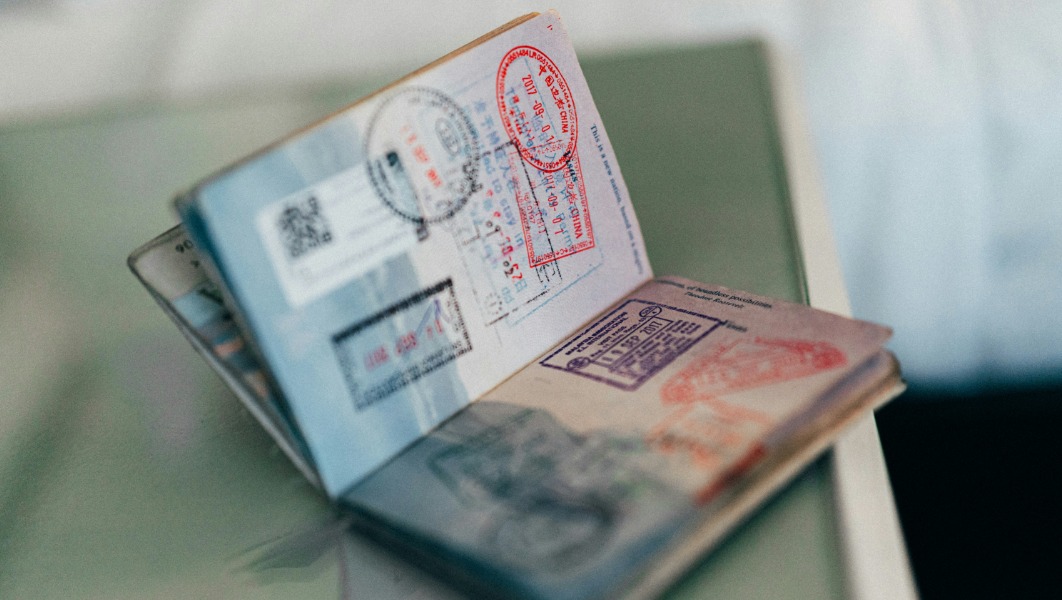Gen Z behind business travel boom, but support still required, survey says

Business travel is bouncing back — and Gen Z is eager to get moving.
According to new research from Ipsos and American Express Global Business Travel (Amex GBT), 70% of Gen Z business travellers (aged 18–28) say they look forward to work trips.
But behind that enthusiasm lies a more complex reality: younger travellers are also more likely to feel stressed, experience disruption, and lack clarity on the support their employer provides.
The report, Meet Tomorrow’s Business Travellers, surveyed over 1,800 business travellers to better understand generational attitudes toward work travel. While nearly seven in ten respondents across age groups said they look forward to business trips, the research reveals clear generational differences in how travellers experience them.
Filling in HR gaps
Gen Z stands out as both eager and overwhelmed. They reported the highest rate of travel disruption in the past year (45%) compared to Millennials (36%) and Gen X (32%), and are the least likely (63%) to understand their employer’s duty of care — a communication gap travel managers and HR leaders must address.
“We can see that Gen Z workers recognize how business travel can enable career growth and connection in a more disrupted world,” said Evan Konwiser, Chief Product and Strategy Officer, Amex GBT. “With that said, we know that travelling can be an emotional experience, especially when it is disrupted. As an industry, it is important that we find the right mix of digital self-service and human support to meet the needs of both today and tomorrow’s travelling workforce.”
That balance is clearly in demand: while six in ten travellers are interested in using digital or self-service tools during disruptions, seven in ten still want access to human support — underscoring the need for hybrid solutions that combine automation with empathy.
Gen Z: less comfortable with AI
Despite their digital-native reputation, Gen Z is less comfortable using generative AI for travel tasks than Millennials — 60% vs. 66% for flight booking. The same pattern holds for expense reports and restaurant reservations, suggesting comfort with AI may be tied more to workplace experience than age.
For Canadian travel professionals, this research underscores the need to tailor support and communication strategies to a changing workforce. As Gen Z moves into more decision-making roles, advisors and suppliers must rethink how they onboard and support younger business travellers — not just with smarter tech, but also with clearer policies, human support, and more education around duty of care.
Bleisure travel on the rise
The report also highlights the continued rise of “bleisure” travel. Sixty-two percent of respondents have extended a business trip for leisure, while 52% have worked during personal travel — trends that blur the lines between business and vacation. Meanwhile, four in ten remote workers say travel opportunities are a key consideration when evaluating new job opportunities, reinforcing business travel’s growing role in employer branding and talent retention.
Looking ahead, 55% of respondents expect to travel more for work in five years than they do today, and two-thirds believe it will get easier. But that optimism comes with expectations: younger travellers want more than just logistics — they want to feel confident, cared for, and connected.
Tags: AMEX, business travel


